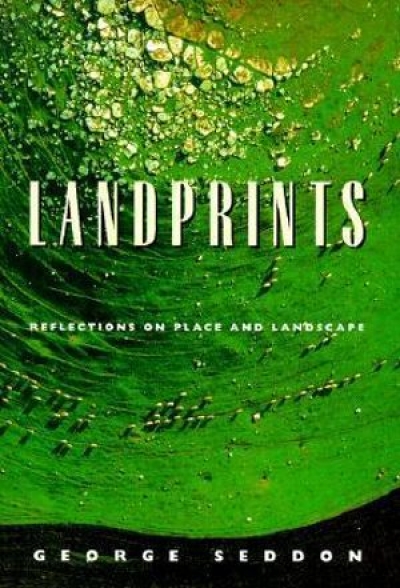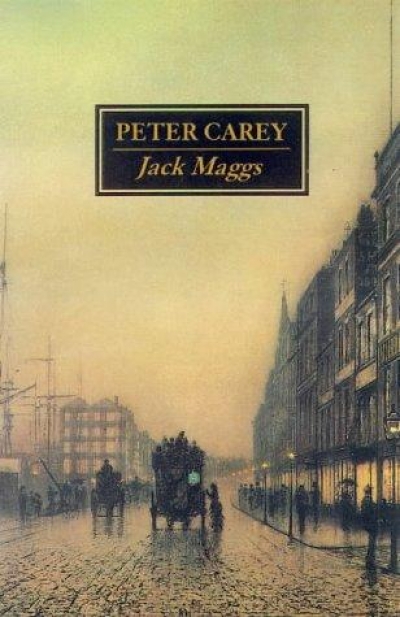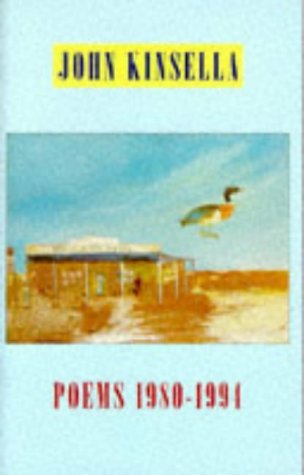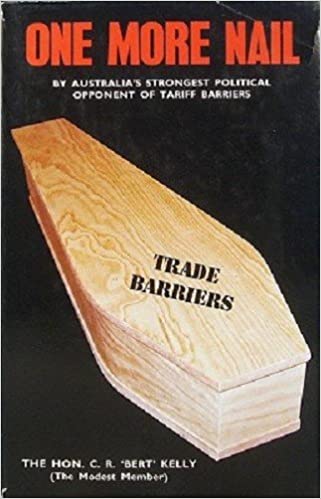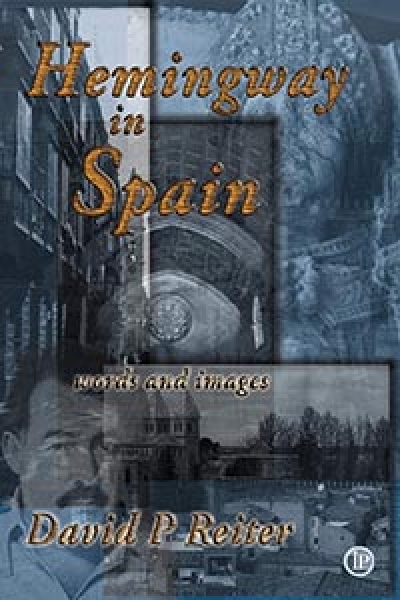Archive
Film | Theatre | Art | Opera | Music | Television | Festivals
Welcome to ABR Arts, home to some of Australia's best arts journalism. We review film, theatre, opera, music, television, art exhibitions – and more. To read ABR Arts articles in full, subscribe to ABR or take out an ABR Arts subscription. Both packages give full access to our arts reviews the moment they are published online and to our extensive arts archive.
Meanwhile, the ABR Arts e-newsletter, published every second Tuesday, will keep you up-to-date as to our recent arts reviews.
Recent reviews
Landprints: Reflections on place and landscape by George Seddon
Hemingway in Spain and Selected Poems by David P. Reiter
Ramona Koval asked Robert Manne what his version of the strange story of Helen Demidenko might be.
Robert Manne: Well there was once, I think, a very strange young Australian woman of English parents, who, for reasons that we don’t understand decided to identify with Ukrainian war criminals. She decided that the Jews had got control of the history of the Holocaust and that a terrible story of what happened to Ukrainians at the hands of Jews had not been told. So she decided to take the name Demidenko because she read in a book that Demidenko was a Ukrainian who had been at Babi Yar where thirty-three thousand Jews were killed. She identified so strongly that she took the name Demidenko and wrote a high school essay in which she imagined what it would be like to be Ivan the Terrible, probably the most monstrous figure that emerges from the killings at Treblinka or at any other extermination camp. She decided to write a novel in which she would adopt the identity, imagining herself to be this daughter of a Ukrainian war criminal, with an uncle who served at Treblinka. And so she wrote a novel. Amazingly enough, not only was her novel published but it won a major award. It so convinced the literary community of its authenticity that it was regarded in 1995 as the best literary work published in the country.
... (read more)
